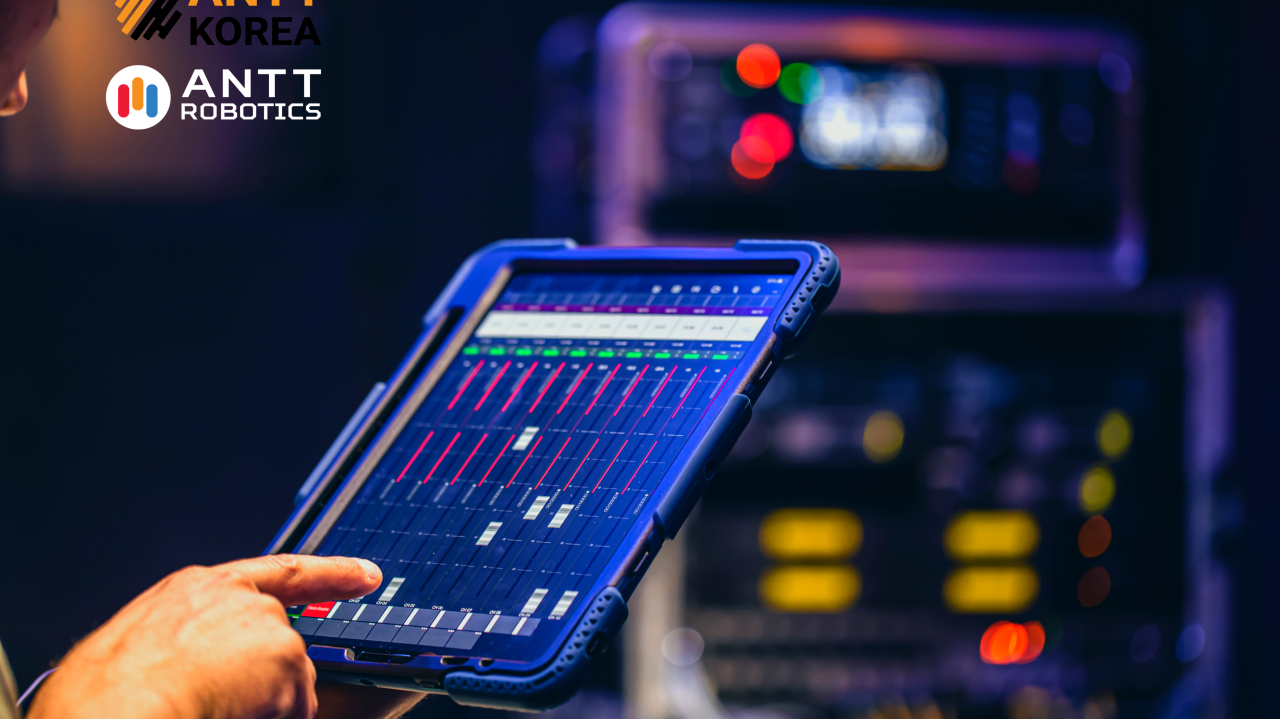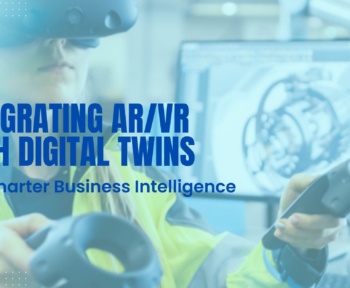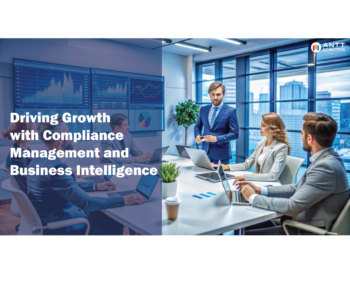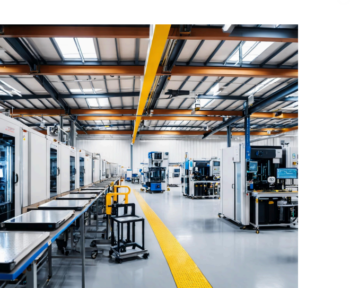In recent years, the energy industry has witnessed a transformative shift towards digitization and automation, driven by the adoption of Industrial Internet of Things (IIoT) technologies and the widespread implementation of smart meters. These advancements have revolutionized the way energy is generated, distributed, and consumed, paving the way for a more efficient, sustainable, and resilient energy ecosystem.
Understanding IIoT and Smart Meters
IIoT: The Backbone of Industry 4.0
Industrial Internet of Things (IIoT) refers to the network of interconnected devices, sensors, and machines that collect and exchange data in industrial settings. IIoT enables real-time monitoring, control, and optimization of industrial processes, leading to increased efficiency, productivity, and cost savings. In the energy industry, IIoT plays a crucial role in enabling predictive maintenance, asset management, and energy optimization.
Learn more about Smart Meters with ANTT Robotics
Smart Meters: Enabling Data-Driven Insights
Smart meters are advanced energy meters that record consumption data at regular intervals and communicate this data to utility companies in real-time. Unlike traditional meters, smart meters provide granular insights into energy usage patterns, allowing consumers to track their consumption, identify inefficiencies, and make informed decisions about energy management. Additionally, smart meters enable utilities to optimize grid operations, detect outages, and implement demand response programs.
The Evolution of Energy Management
Historical Context
The journey towards intelligent energy management can be traced back to the early 2000s when the concept of smart grids emerged as a response to the growing demand for reliable, efficient, and sustainable energy systems. Smart grids integrated digital technologies, renewable energy sources, and advanced communication networks to modernize the aging infrastructure and enhance grid resilience.
Current Trends
Today, the integration of IIoT and smart meters is driving the digital transformation of the energy industry, unlocking new opportunities for innovation and efficiency. Some of the current trends shaping the landscape of energy management include:
- Data Analytics: Leveraging advanced analytics to derive actionable insights from vast amounts of energy data.
- Predictive Maintenance: Using IIoT sensors to predict equipment failures and optimize maintenance schedules.
- Demand Response: Implementing dynamic pricing models and demand-side management strategies to balance supply and demand.

Real-World Scenarios
Scenario 1: Predictive Maintenance in Wind Farms
Imagine a scenario where a wind farm operator utilizes IIoT sensors installed on wind turbines to monitor performance metrics such as temperature, vibration, and energy output. By analyzing this real-time data, the operator can predict potential failures, schedule proactive maintenance activities, and optimize the overall operational efficiency of the wind farm.
Scenario 2: Consumer Empowerment through Smart Meters
Consider a household equipped with smart meters that provide detailed insights into energy consumption patterns. The residents can track their energy usage in real-time, identify peak consumption periods, and adjust their behavior to reduce energy waste. This level of transparency empowers consumers to make informed decisions about energy conservation and cost savings.
Future Implications and Challenges
Towards a Sustainable Energy Future
The integration of IIoT and smart meters is instrumental in driving the transition towards a more sustainable and resilient energy future. By enabling real-time monitoring, optimization, and control of energy systems, these technologies contribute to reducing carbon emissions, improving energy efficiency, and promoting renewable energy integration.
Challenges and Considerations
While the potential benefits of IIoT and smart meters in the energy industry are substantial, there are several challenges and considerations that need to be addressed:
- Data Security: Ensuring the privacy and security of sensitive energy data transmitted through interconnected devices.
- Interoperability: Integrating diverse IIoT systems and devices to enable seamless communication and data exchange.
- Regulatory Compliance: Adhering to regulatory frameworks and standards to ensure the responsible deployment of IIoT technologies.
Learn what ANTT can do for you!
Recap
The convergence of IIoT and smart meters is revolutionizing the energy industry, enabling stakeholders to optimize operations, enhance efficiency, and drive sustainable practices. The energy sector is prepared to embrace an intelligent technology-powered future by utilizing data-driven insights, predictive analytics, and real-time monitoring capabilities. As we navigate the complexities of energy management in the digital age, the collaborative efforts of industry players, policymakers, and consumers will be essential in shaping a resilient and sustainable energy ecosystem.
Remember, the future of energy is not just about powering our devices—it’s about empowering our communities and safeguarding our planet for generations to come. Let’s embrace the potential of IIoT and smart meters to create a brighter and more sustainable future for all!





